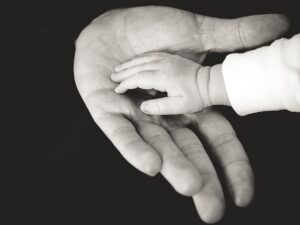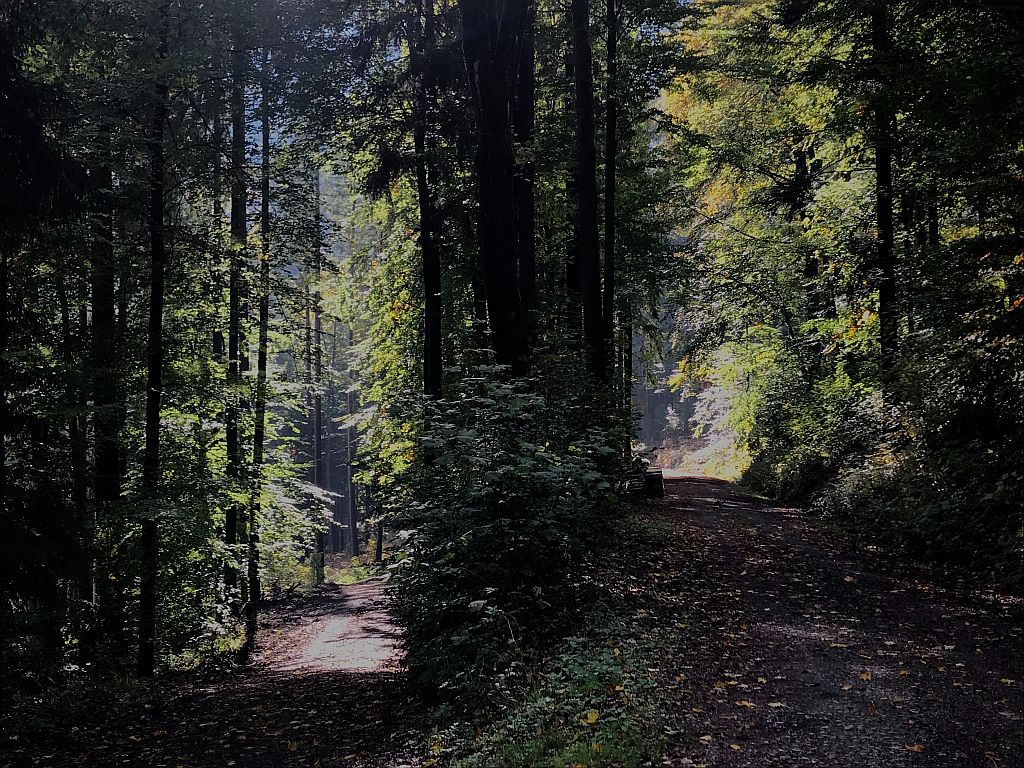If you were to search the Internet for the word “paradox,” you would get a couple of different definitions: a paradox is when two things are both true, but the two things seem to contradict each other; or a paradox is a statement that may sound contradictory but upon further reflection, reveals a deeper spiritual truth through the comparison of their parts. Confused? Let me give you a few examples:
– This is the beginning of the end.
– I can resist anything except temptation.
– Deep down, he’s really shallow.
– Nobody goes to that restaurant, it’s too crowded.
– If I tell you that I always lie, am I telling the truth or am I lying?
These are real brain-twisters, and these are just everyday paradoxes. The Bible has a ton of these. I believe Jesus used paradoxes to show conflict that needs resolution and to challenge us to think and live differently.
Today’s Gospel is the perfect example of this. Jesus describes a series of blessings and woes (or curses as Jeremiah called these in our first reading). A blessing and a curse mean that something is both a benefit and a burden or may seem initially beneficial but also brings unforeseen negative consequences.
For example, Jesus describes the four beatitudes as blessings, or ways of being in right relationship with God and one another. You will be in right relationship when you are poor, when you are hungry, when you weep, and when you are hated and rejected.
 These are followed by a series of woes, which is a curse or an expression of great sorrow or misery. So, you don’t have a snowball’s chance if you are rich, full, when you make fun of others, or even if you are liked by everyone. What on earth does Jesus mean?
These are followed by a series of woes, which is a curse or an expression of great sorrow or misery. So, you don’t have a snowball’s chance if you are rich, full, when you make fun of others, or even if you are liked by everyone. What on earth does Jesus mean?
Jesus is describing the paradoxical life that lies before us, which highlights the difference between God’s vision for human life and the way we are actually living.
We need to understand that Jesus’ words were spoken to a culturally and economically mixed crowd of both Jews and Gentiles. Many were suffering from incurable diseases and various psychological conditions, and many were enduring the anguish and struggles of everyday life. (Sounds similar to us living through a pandemic.)
Jesus is telling his disciples, and us, that we are living in a manner that is out of sync with God. Why? Because we are not living with the intentions of God’s will. Unless our reality is built on the spiritual Truth of God, our reality is going to fall apart and fall apart quickly. We need to change and choose the right path.
It’s interesting to note that Luke places this story not up on a mountain, which often represents the place where God is encountered, but actually down on level ground because that is where our real, every day, messy life exists. It’s the place where we struggle to live day in and day out and where we experience actual ministry.
Jesus’ sermon is really about discipleship and what it takes to follow him. It’s not always easy, but that’s why we need to trust Jesus.
 The prophet Jeremiah tells us that we really have two options. If we trust only in ourselves or in others, then we’re like a scraggly, little bush in a dry desert. But when we trust in God, we are like a vibrant tree growing by a flowing stream. Jeremiah’s conclusion becomes our ‘aha’ moment: we are blessed when we are dependent on God rather than on ourselves or others.
The prophet Jeremiah tells us that we really have two options. If we trust only in ourselves or in others, then we’re like a scraggly, little bush in a dry desert. But when we trust in God, we are like a vibrant tree growing by a flowing stream. Jeremiah’s conclusion becomes our ‘aha’ moment: we are blessed when we are dependent on God rather than on ourselves or others.
In contrast, Jesus gets much more specific with those whose sense of self-reliance has led them away from having a relationship with God. His blessings and woes become our reality check.
So, how do we choose the right path? How do we re-establish our relationship with God? How can we water our spiritual roots? We just need to follow these three steps: prayer, love, and action.
1. Prayer
Prayer is our communication with God. When we build that relationship with God, we will be more inclined to trust his word. By doing so, we are following Jesus’ example, who trusted in his father and did all things according to his will. If we want to be completely transformed, we must spend time in daily prayer.
2. Love
Prayer leads us to love. We must find a way to become a people filled with love rather than a people filled with hate. We need to look at each other and not see a different skin color, gender, or ethnicity, but see someone who is made in the image of likeness of God. We need to find a way to forgive and love unconditionally, just as we are forgiven and loved by our heavenly Father. God can change us because he loves us; we just need to allow him to do it.
3. Action
We become true disciples by opening ourselves to the word of God and spreading that word to those who need to hear it. Prayer leads to love which leads to action or service.
We have formed a new ministry called the Parish Social Outreach Ministry. We will focus on direct service, legislative advocacy, global solidarity, and community organizing and development. All our activity will be reinforced through formation and education in Catholic Social Teaching which applies the Gospel values of love, peace, justice, compassion, reconciliation, service, and community to address modern social problems – like righting the wrongs in our society, caring for the poor, hungry, and marginalized, comforting those who are in mourning, and so many other issues. I encourage you to get involved in our Community Outreach ministries – because that’s how we put our faith into action.
solidarity, and community organizing and development. All our activity will be reinforced through formation and education in Catholic Social Teaching which applies the Gospel values of love, peace, justice, compassion, reconciliation, service, and community to address modern social problems – like righting the wrongs in our society, caring for the poor, hungry, and marginalized, comforting those who are in mourning, and so many other issues. I encourage you to get involved in our Community Outreach ministries – because that’s how we put our faith into action.
Call it a paradox or a blessing and a curse, but everything we do has a corresponding consequence whether for good or evil. We make that choice many times every single day.
Jesus reminds us about how life could be if we would only trust in God and follow his intention and desire for our lives.
Paths can be chosen. Some paths lead to blessing and some paths lead to woe. The question is, which path are we going to choose?
It’s really tough making the right decision or knowing which path to take. Find some guidance here.




